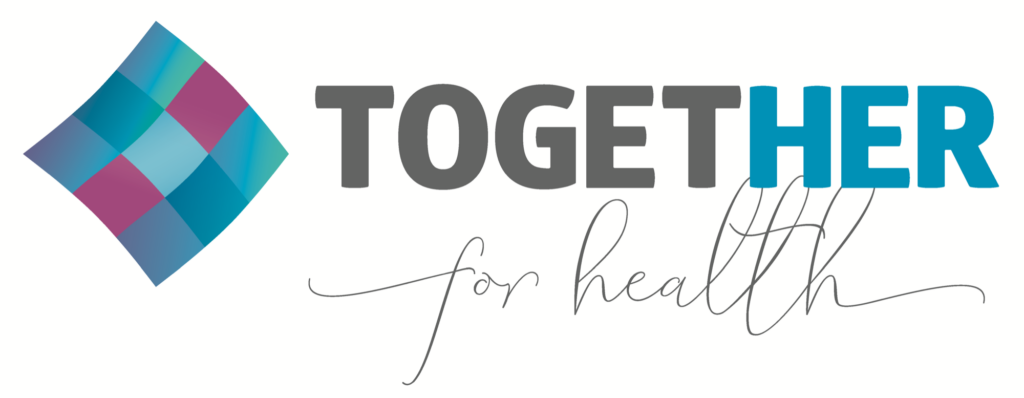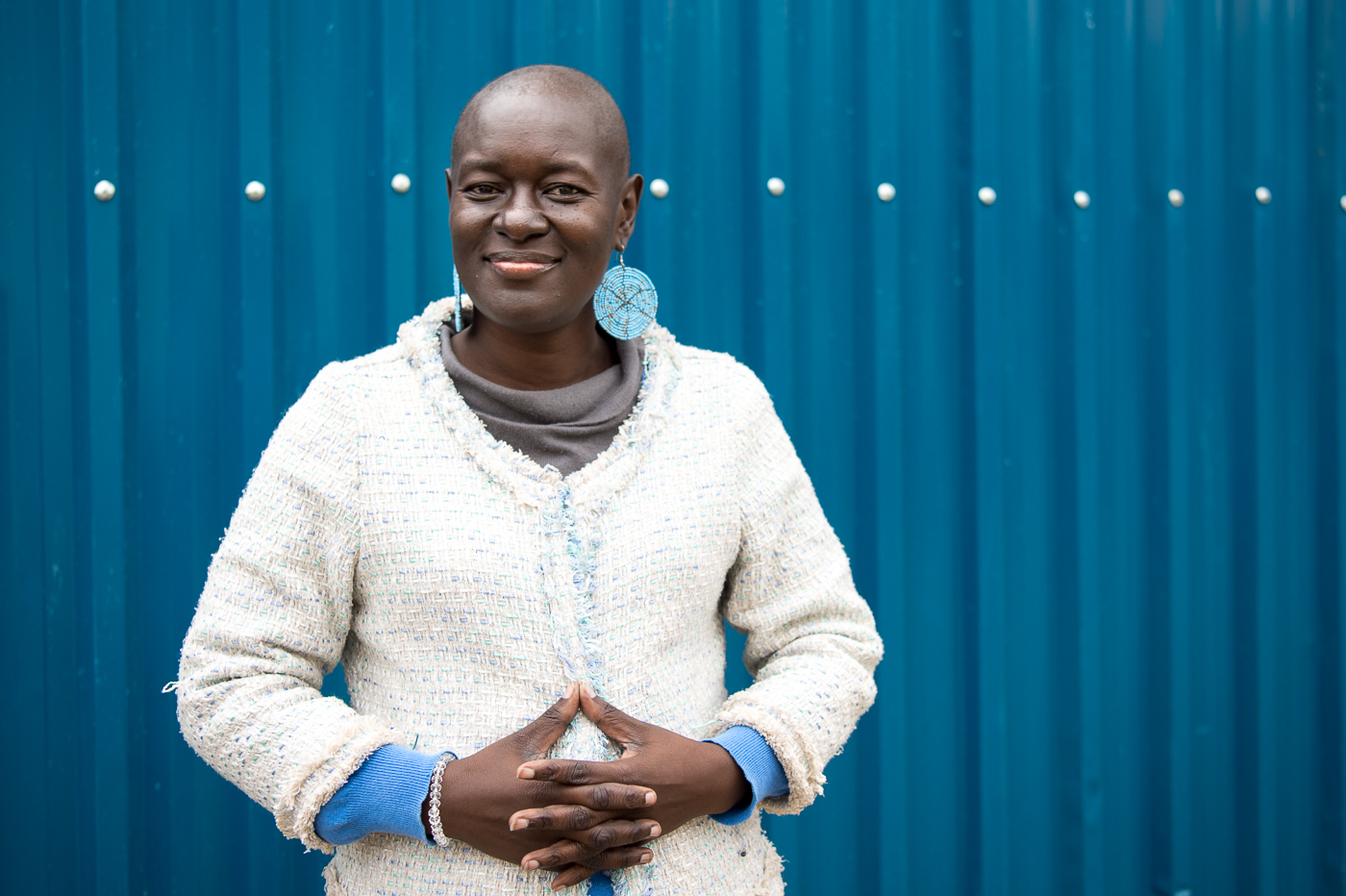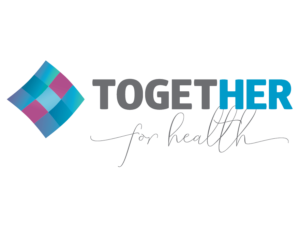Kenyan Champions: Creating the Conditions for Eliminating Cervical Cancer
16 September 2018 – Recently, the Director-General of the World Health Organization, Dr. Tedros Adhanom Ghebreyesus, called for the elimination of cervical cancer. This can be achieved by implementing two evidence-based, high-impact interventions for cervical cancer prevention – human papillomavirus (HPV) vaccination for girls and boys, which prevents the common sexually transmitted infection that causes most cervical cancers; and screening of women for the early detection and treatment of cervical cancer and precancerous lesions.
An estimated 311,000 women worldwide die from cervical cancer every year. Women living in low- and middle-income countries are hit particularly hard, with about 90 percent of deaths from the disease occurring in these countries. In Kenya alone, an estimated 3,000+ women died from cervical cancer in 2018, making it a leading cause of cancer death among women.
The planned Kenya rollout of a nationwide HPV vaccination campaign in 2019 is a huge opportunity for the country to prevent cervical cancers and save lives. As more girls are vaccinated and increasingly fewer girls are infected with HPV over time, it will become possible to eliminate cervical cancer in Kenya in the future.
Together with the Kenya Expanded Program on Immunization (KEPI), the Kenya Ministry of Health Department for Cancer Control will make the HPV vaccine available countrywide to prevent cervical cancer. Various cancer and civil society organizations will play a key role in ensuring its success by mobilizing community members, and sharing accurate and appropriate messaging around the safety and effectiveness of the vaccine. These efforts will boost vaccination coverage by increasing awareness and creating demand and support within the community.
Building on its efforts to strengthen the growing Kenyan community of civil society members interested in cancer, the American Cancer Society (ACS) is actively working with key cancer stakeholders to plan and implement a strong and effective communications strategy to mobilize providers, parents, school teachers, and community influencers to vaccinate their girls.
“The key to a successful rollout,” said Jacqui Drope, Managing Director, Global Cancer Prevention at ACS, “is to ensure a variety of stakeholders are engaged, and the cancer community is front and center making it clear that this vaccine prevents cancer and will protect generations of girls to come from experiencing the stigma and hardship women in Kenya with cervical cancer currently face.”
“Kenya is a great example demonstrating that we can’t solve this growing cancer epidemic through treatment alone,” said Drope. “A big part of the solution has to be prevention. There is an opportunity in Kenya to do this right in terms of developing appropriate cancer messages, addressing lessons learned from other country experiences, and ensuring that programs are oriented toward the result of vaccinating girls.”
Hear some of Kenya’s persuasive voices in support of HPV vaccination.
The Government Advocate
Dr. Anne Ng’ang’a
Head of National Cancer Control Program, Kenya
Dr. Ng’ang’a’s role as head of the national cancer control program is to deliver on the mandate of the national cancer control strategy, which has a very strong focus on cervical cancer prevention. She is in charge of coordinating the Ministry of Health units responsible for rolling out the HPV vaccine in 2019 and ensuring that the messaging about the vaccine is centered on cancer prevention, to maximize vaccine uptake among girls.
“We know cervical cancer is one of those cancers that we can actually prevent. In my mandate, I have to ensure the HPV vaccine is implemented [throughout the target population]. For the campaign to be successful, we need to put several things in place. First is communication. Advocacy and information-giving is very important, because you need to ensure that the public gets the right message…that this vaccine is a cancer prevention measure. We know there is a global call to end cervical cancer. So really it is upon us to … accept that call and do something about it.”
The Doctor
Dr. Michael Chung
Chairman, Department of Medicine, Aga Khan University, Nairobi
In addition to his senior role at Nairobi’s second-largest hospital, Dr. Chung is co-founder of the Coptic Hope Center for Infectious Diseases, an HIV clinic that has become one of the largest single-site HIV treatment centers in Kenya. Dr. Chung’s integrated HIV and cervical cancer research is informing similar programs around the world in other high burden countries. Because of Dr. Chung’s pioneering work in treatment and prevention of cervical cancer in women with HIV, he has the ear of the entire cervical cancer community in Kenya, if not the world.
“HPV vaccine is very, very important for us. …If done successfully, it can now immunize women and adolescent girls and prevent them from getting cervical cancer in the future. Compared to everything else, in a place like Kenya, it is a very inexpensive way to [prevent future cancer in] a large, large number of girls and really make a huge dent in cervical cancer.”
The Community Mobilizer
Mary Mbugua
Community Volunteer
Gawa Medical Center, Thika, Kenya
Mary’s family was one of the early arrivals in a small farming town north of Nairobi, called Thika. In 1974, her father became the first Chief Pharmacist there, and since then she and her family have devoted their lives to community service. Because the community trusts her, she is positioned to be an advocate and promoter of the HPV vaccine when the campaign arrives in her town in 2019.
“My work is…helping the community, because I live with them. I know them…When I tell them about whatever we can do [for their health], they appreciate because they know me for a long time.”
The Survivor and Patient Advocate
Rose Chiedo
Mother, Living with Cervical Cancer
Rose Chiedo‘s story is sad but inspiring. She has been battling cancer over the past five years—she beat it once, only to have it return in 2018. Despite her own challenges, she has devoted her life to other women in the same situation. As a patient advocate, she guides women through an extended, frightening experience and supports them at times when no one else will.
“I discovered I had cervical cancer in 2013 July and I got my treatment at Kenyatta National Hospital in 2014 March and April. The treatment; the radiotherapy and chemotherapy is not easy. One, the emotional aspect of it, and also there’s the financial aspect of it…So, it was a struggle. And then later on after one year…I felt better and I started working with a cancer organization as a patient navigator. I was walking with patients through their treatment procedures because this organization was doing cervical cancer screening. Once they got patients who had any symptoms or any issues, I took them to hospital, walked with them, supported them through their treatment, and I was also doing advocacy on social media, radio, TV and cancer forums. I would share with the patients … my story, and I would give them hope through my story. I would tell them it’s very possible to recover, but of course you also have to play a role because you are the first doctor of yourself. My message to the women in the world would be that prevention is better than cure, and early detection saves lives.”



